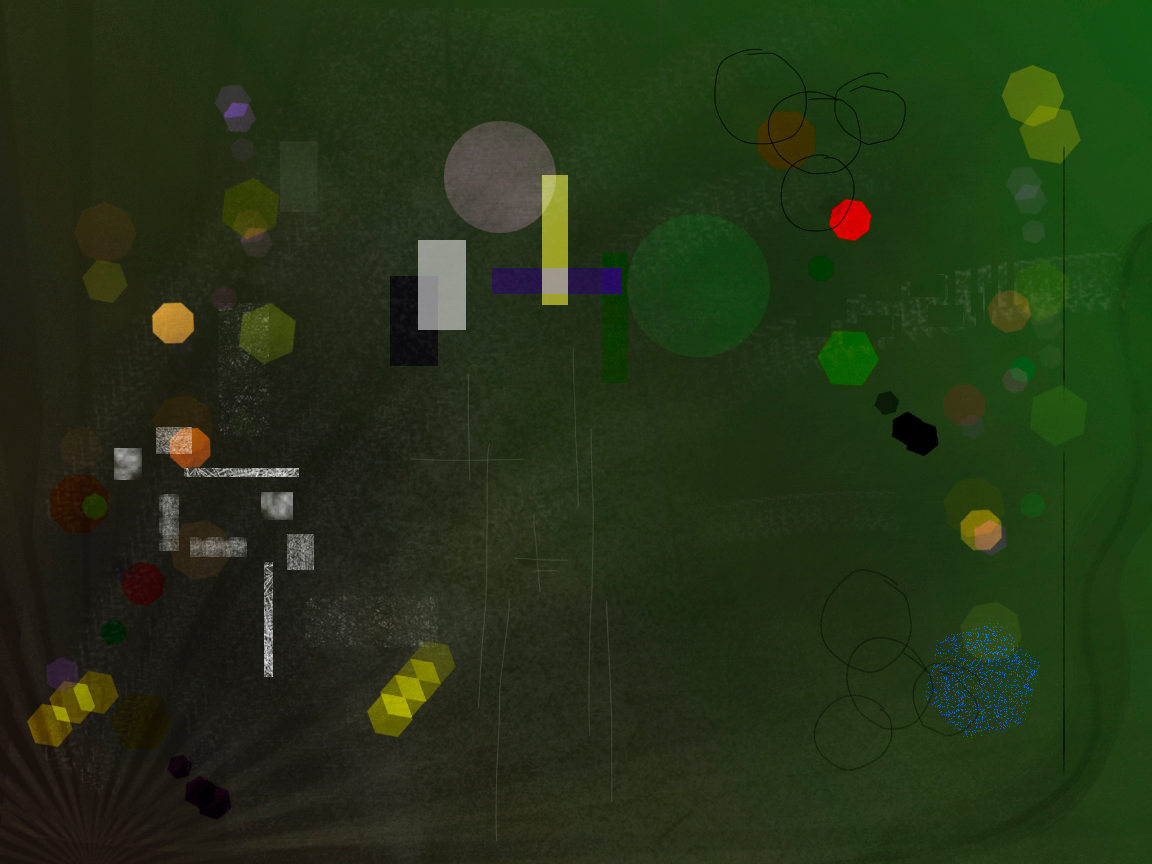“A society of blood gave way, partially, to a new social class with its new needs for the construction of justifications of power.”
When God was replaced by nature as the keystone of the forms of rationality, the task required a few drops of empiricism and a deep examination of the natural world. If God required a theological-philosophical knowledge, nature an empirical exploration.
That nature replaces God is the same as saying that theology is replaced by a system of increasing complexity and balance (The paradigm of disaster). It is the perfected attempt to complete the Cartesian program. In its constant expansion since the eighteenth century and especially the nineteenth century, the most “speculative” knowledge was losing place.
The progressive scarcity1 of space for philosophical discourse had several consequences, one notable was the emergence of philosophies that focused on language and discourse itself, since “being” had progressively become naturalized and objectified.
The philosophies that have delved into language sought in discourses that change that had occurred outside of transcendental and philosophical knowledge.
What could we talk about if not speeches? This re-circulation of reason on itself implies a relocation of reason and probably also fed on the growth of the “texts” available since the State began the enormous task of taking note of any aspect of existence.
The proliferation of statistical texts (belonging to the State), and the creation of innumerable “scientific knowledge” left philosophical reflection hardly without purpose. The texts themselves were thus an objective material on which to act.
This could be the common thread between philosophical schools as seemingly distant as Anglo-Saxon philosophies of language and French structuralisms.
After the “Natural Histories” of the eighteenth century, the nineteenth century asked to set in motion, in a definitive way, a history that ran in the bosom of nature.
A society of blood partially gave way to a new social class with its new needs for the construction of justifications for power. The new framework of rationality had changed and the study of nature and with the passage of time, the study of life in general, must have seemed promising to a new social class that accumulated power even more rapidly than the one it came to replace.
The “best adaptation”, “better capacities”, “biological superiority” … thus became very powerful anchors within the new structure of nineteenth-century rationality in which to grasp a discourse of dominance that is still in full force.
If Darwin himself was a fan of liberal capitalism or if his travels were financed by powerful bankers, they are nothing more than appendages of an age in search of their own truths. An imposing metaphor that of the boat trip for a social class that began its initial accumulation with commercial companies around the globe.
His complaints with various curiae are the fireworks of an underground celebration, the feast of a society that could no longer be conceived from theology or the aristocracy.
“It is not my fault that I have better genes”
Natural selection was the new mode of support and justification for a secular class society like the bourgeoisie that made its way with strong inequalities and needed new justifications in the face of an old regime of blood and noble inheritances.
Medieval theological rationality appealed to a full and self-sufficient order, the world was ruled in harmony as long as the divine plan that kept kings and priests at the top was fulfilled. But this divine plan ensured worldly and spiritual order.
Certainly the Modern Era with its absolutist kings provide other concepts of power, but the inclusion in the history of the thought that a war had unleashed in nature (as in human society itself) only needed a further step: “animalization” or “naturalization” of the human being. To include him, in that way, in that incessant war for survival.
An idea very much in harmony with a new way of managing populations, and with a liberalism that once the order of the “Heavenly Jerusalem” was crushed, considered every population suspected of vagrancy and laziness.
Biology, beyond an activity of knowledge, is a knot of the Modern Era in which numerous forms of rationality and justification of our current world are tied as the nerve center.
Biology is a knot that ties an important part of the rationality of our time. It functions as an individual and social discourse and is behind and in the last place as an axiom of numerous ideologies. Unmasking it, showing its limits and alliances would be a vital task to open horizons.
Notas:
1) Scarcity was and is a central concept in economic “science.”
